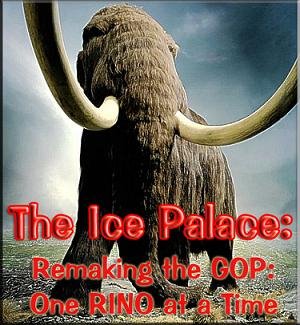I'm no King Banaian, but..
From here:
WASHINGTON — While the hurricanes of 2005 brought loss and suffering to hundreds of thousands of people, they also brought record profits for oil companies that benefited from higher prices while offshore rigs and pipelines were shut down.Now, please feel free to tell me if I'm mistaken, but when the tax rate is increased on a corporate entity, just who ends up paying the tax? Higher taxes=higher costs of doing business. Higher costs of doing business=decreased profits. Decreased profits=bad report to shareholders. What's left to do? Raise prices. Who pays the tax? We do! Not to mention relaxed competition for foreign producers, who may be immune from this tax increase, and thus less-likely to hold the line on their own prices. And not to mention the decreased incentive for further production and exploration. Perhaps King can shed some more light on this, but at least that's my feeble understanding of economics.The result has spawned some curious politics. Last week, Senate Republicans tucked a $4 billion dollar tax increase on giant oil companies into a bill providing $60 billion in tax cuts to victims of Hurricane Katrina, various U.S. industries and upper-middle class families.
The White House immediately vowed to veto the Senate bill, placing it in the awkward position of sacrificing tax cuts for millions of Americans in order to shield oil companies from higher taxes even after they racked up more than $32 billion in third-quarter profits.
Although the expedient political advantages in such a move are more than evident at face value (i.e., "get even" with the "greedy" oil companies); to my understanding, feeble as it is, this "feelgood" measure will only serve to apply upward pressure on the cost of oil and gas, and will only serve to further damage our economy in both the short and the long run.
(Filed under Energy Madness)















|